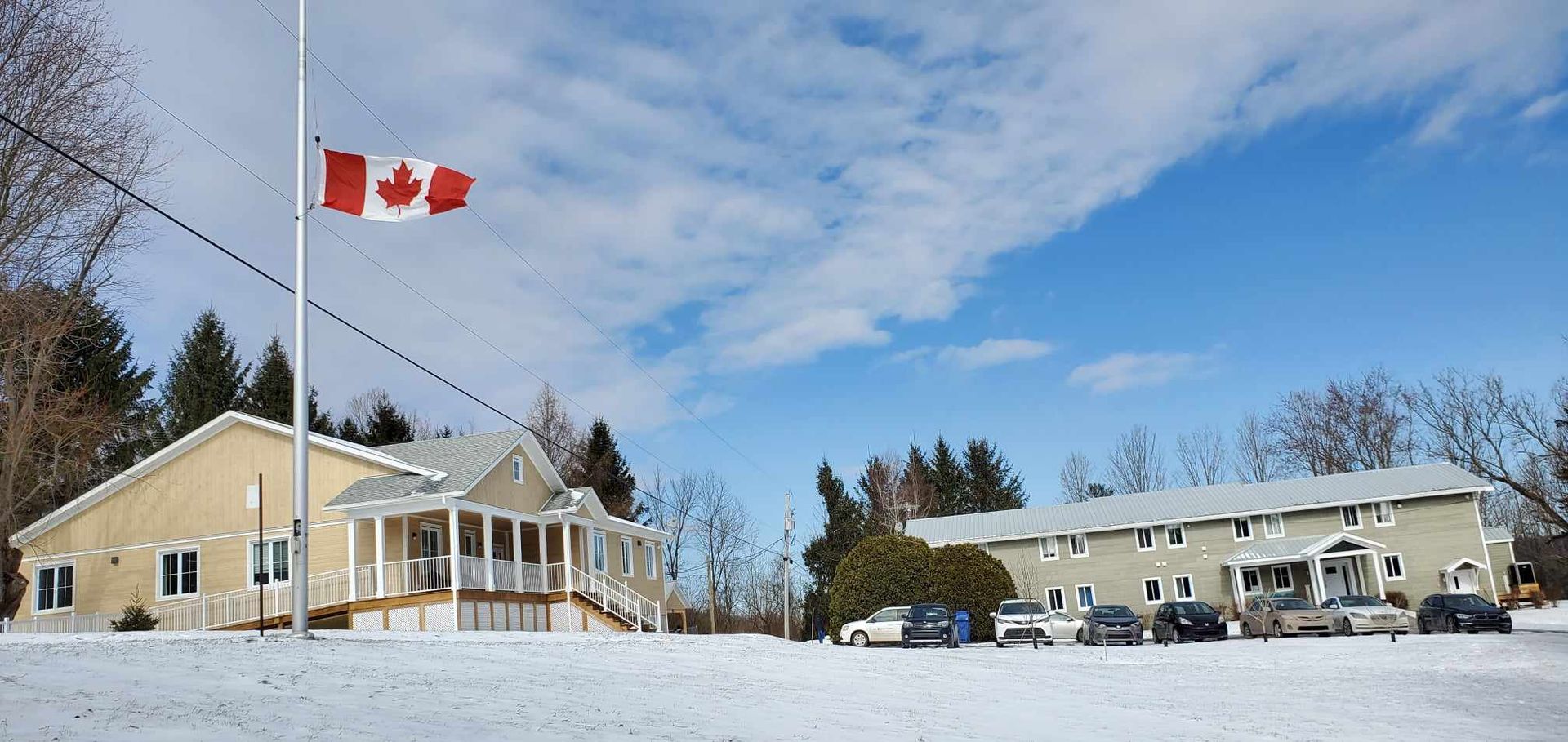A mental health intervention is a meeting that family members and loved ones have with someone whom they agree needs professional treatment for mental health or substance use issues. In many cases, an intervention occurs after several people have tried to talk privately with the individual about the need for treatment, but have met with resistance or avoidance.
It's important to conduct an intervention in the most effective way possible if you hope to get a loved one to listen to your concerns and respond with a willingness to get help. Here are some intervention best practices that will maximize your chances for success.
1. Involve an intervention professional.
No matter how well-intentioned a group of family and friends are about helping someone, it is essential to have an intervention specialist help you plan and implement the intervention. Intervention specialists are trained to keep the intervention going in a productive direction and to deal with the negative reactions that may arise in the best possible way.
Brian O'Shea, CAI, MAAP, CSI, co-founder of Caring Interventions, and widely regarded as one of the best interventionists in America, explains one important role of the interventionist in this way:
"A lot of it is getting the family all on board, coming up with an appropriate plan that enough of the family agrees upon."
2. Choose participants wisely.
Ideally, participants will have a caring relationship with the subject of the intervention, and the subject will know deep down that they have only the best intentions to help. While participants are usually family members and close friends, it's important that any children and elderly relatives who participate are prepared for intense moments as the intervention unfolds.
3. Expect the unexpected.
It's impossible to predict how the intervention will proceed and how the subject will react. Rehearsing possible reactions and responses with the specialist will help participants be ready no matter what happens and decide ahead of time how they will respond. The specialist will also help keep things calm and will advise you when to call 911 if the situation should become unsafe at any time during the intervention.
O'Shea continues:
"The person struggling with behavioral health is filled with fear, filled with anger. They can confront, and negotiate, and battle, and share anger all day. The great power of an intervention is we create an environment of safety and that person in a full-blown addiction has no defense against love. It has to be an informed, wise process. It is structured; it’s much more of a structured dance."
4. Have a plan for what comes next.
Having a plan for what type of treatment the subject will get (alcohol rehab, drug rehab, mental health assessment, etc.) and where they might go if they do agree to get treatment, is an important part of the intervention. The specialist can help the group make a plan or several contingencies if needed. It's also essential for each group member to decide what they will do if the subject still refuses to get any professional help as a result of the intervention, and what their relationship with the subject will look like if that happens.
5. Provide accountability and support.
If the subject is willing to make a plan for treatment, group members must still decide how they will hold their loved one accountable to stick to a treatment regimen and provide support as treatment takes place. Both accountability and support are important for successful treatment so that your loved one will be more likely to follow through on commitments made during an intervention.
Do interventions work? Dr. Jerry L. Law, a Board Registered Interventionist, Level II as well as a Certified Drug, Alcohol and Addictions Counselor and creator of the Transtheoretical Intervention Protocol, affirms:
"The intervention process does work. Thousands of once “hopeless cases” enter into treatment and recovery every year. If you are contemplating an intervention for someone you know, reach out for the help that a professional interventionist can provide."
If you or anyone you love needs mental health or substance abuse treatment, please contact Dunham House for more information about our programs today.









